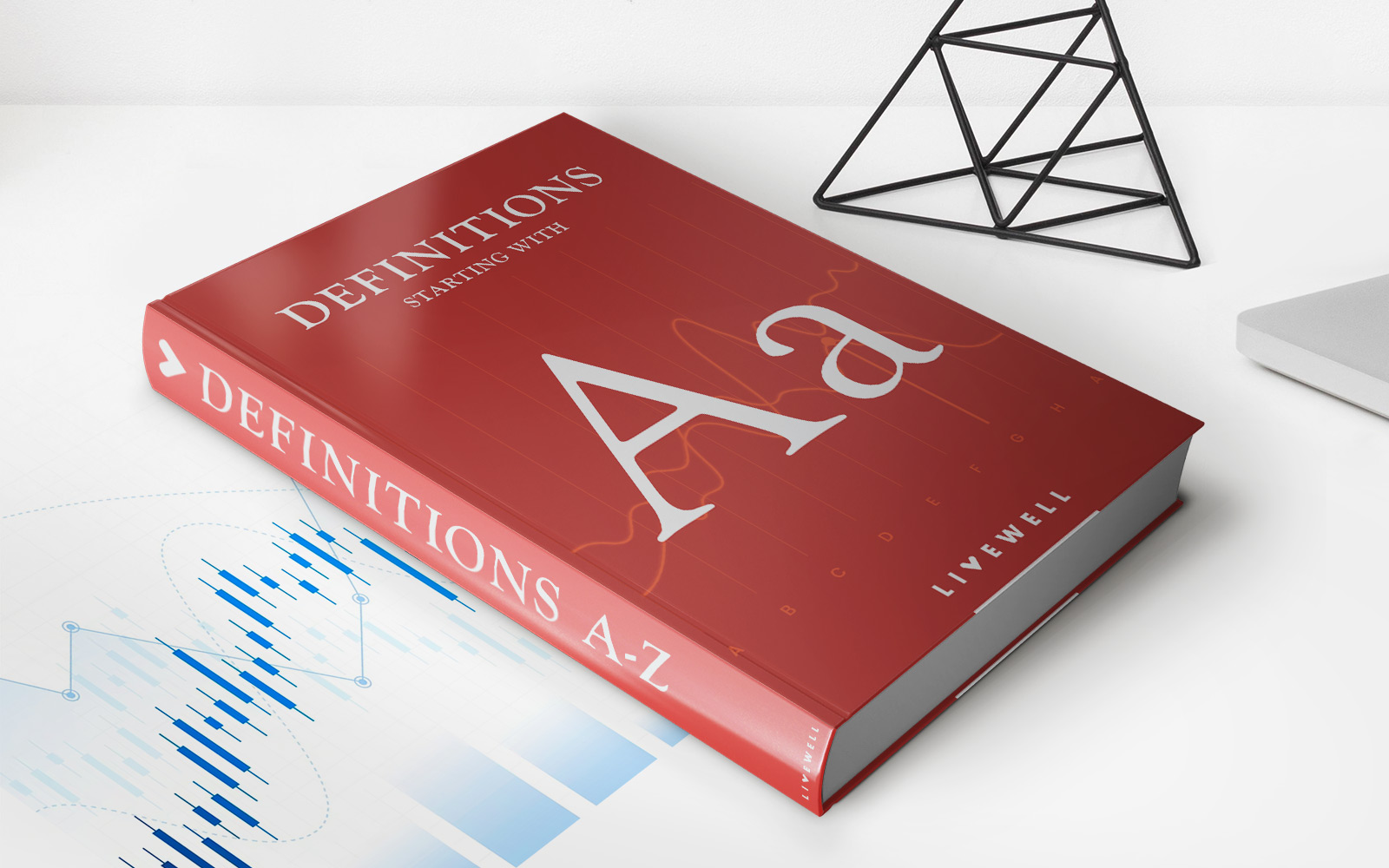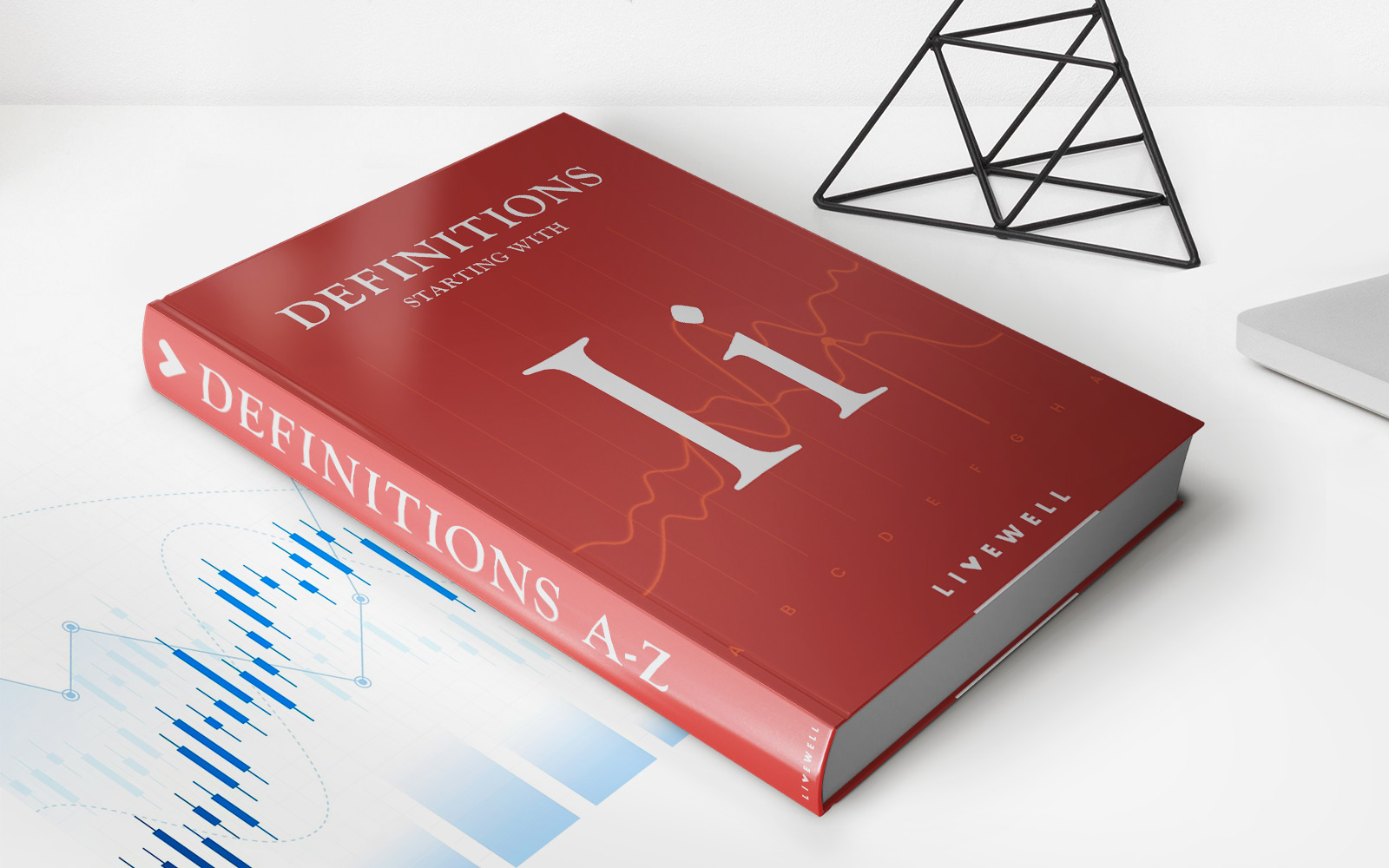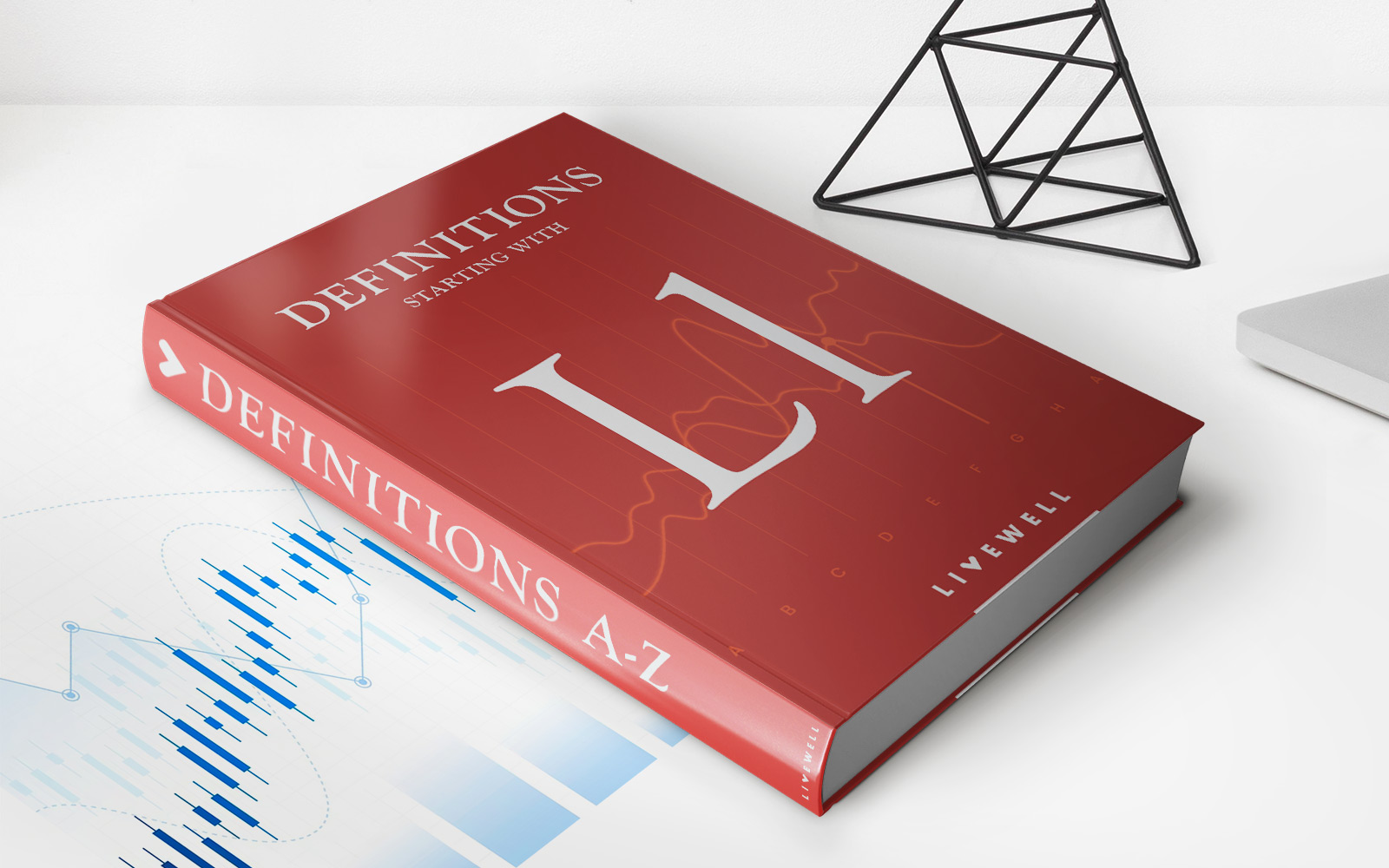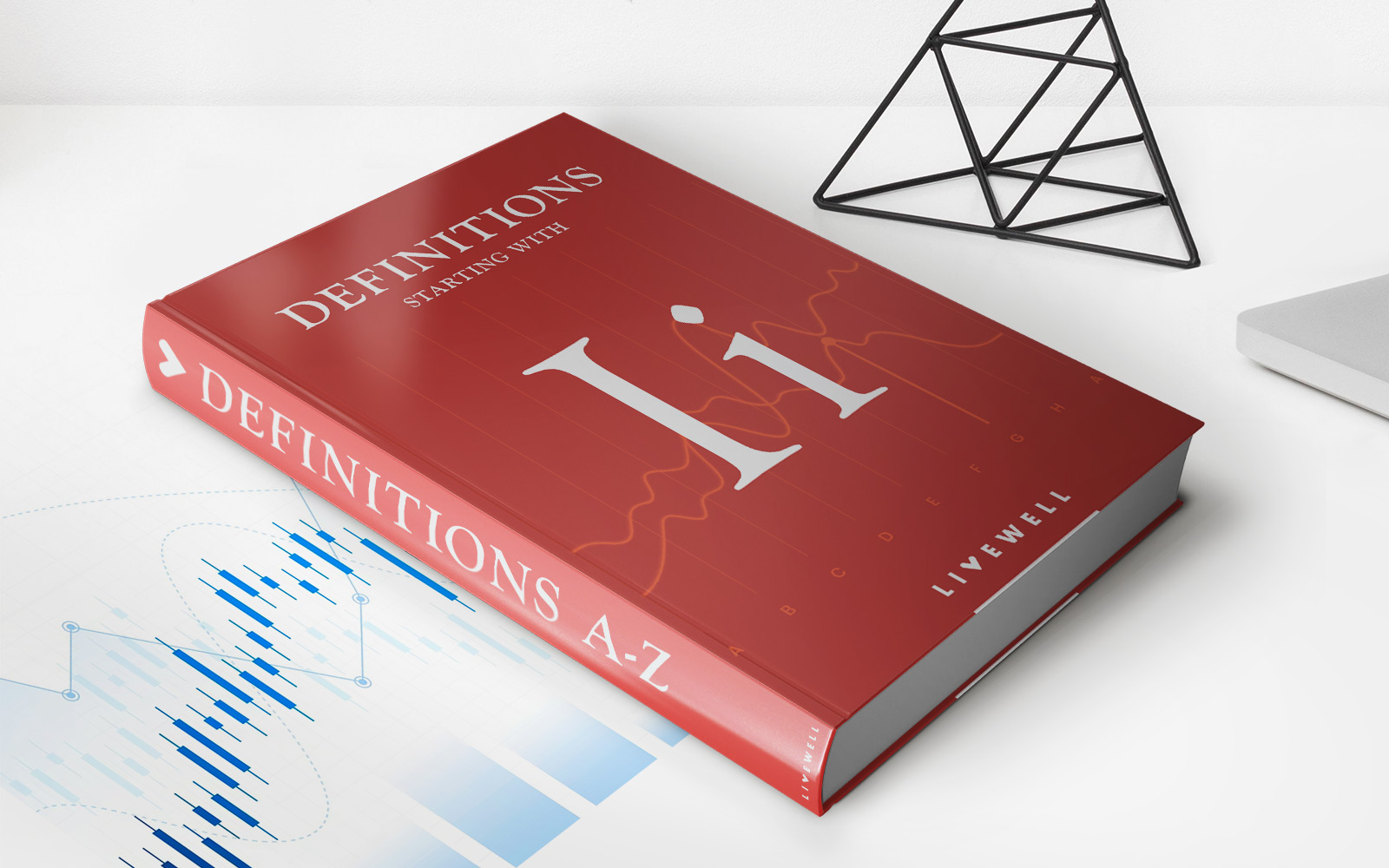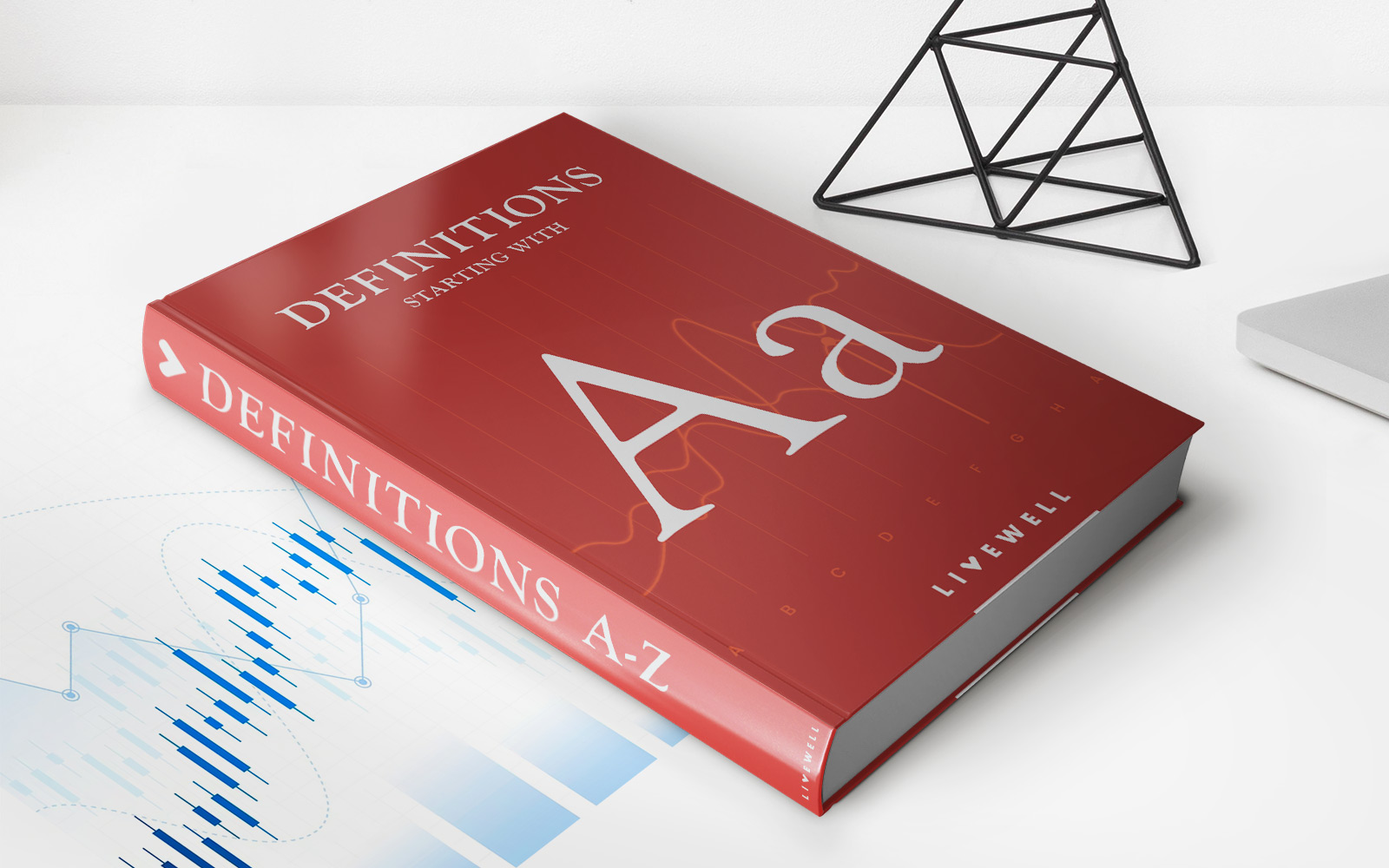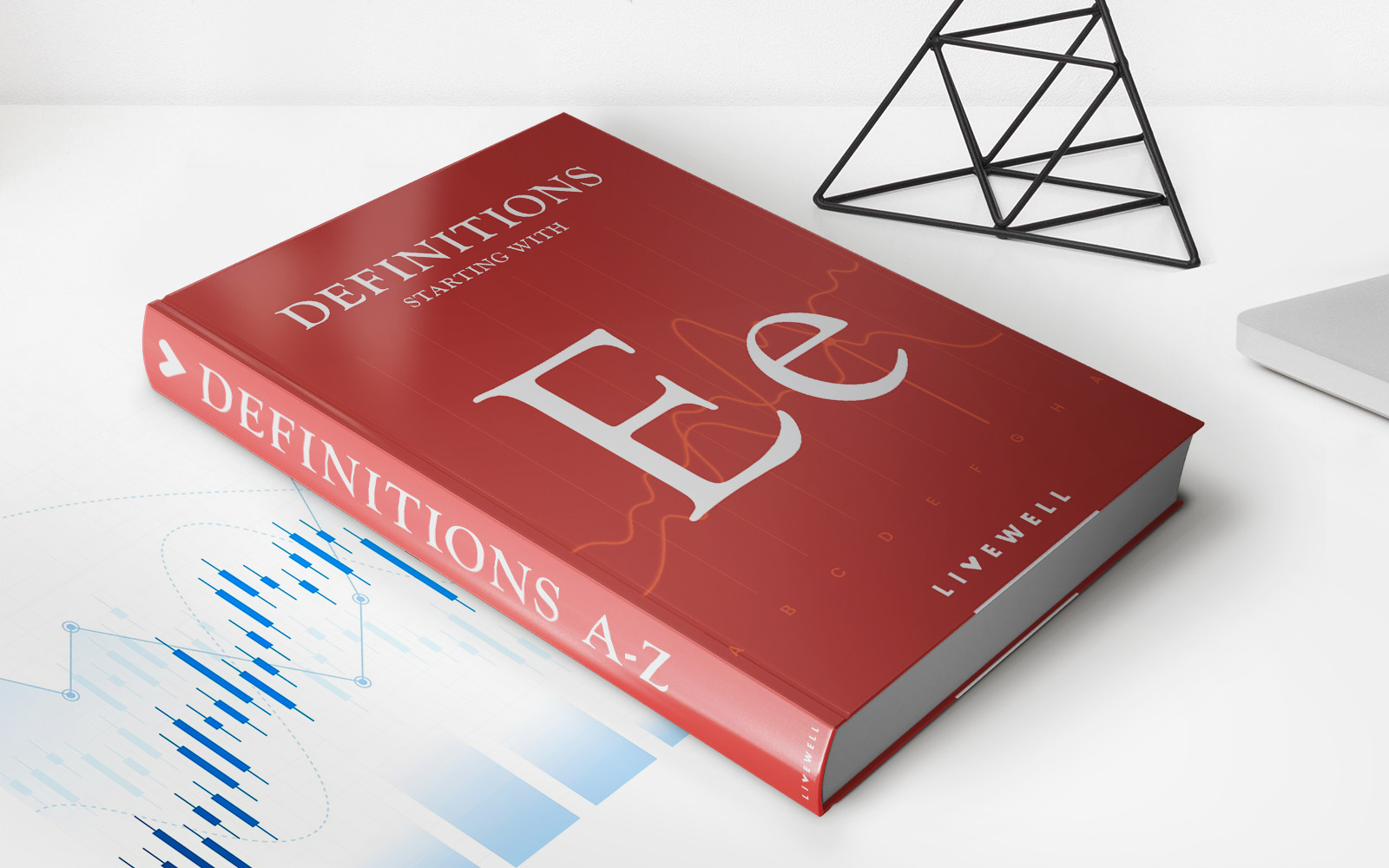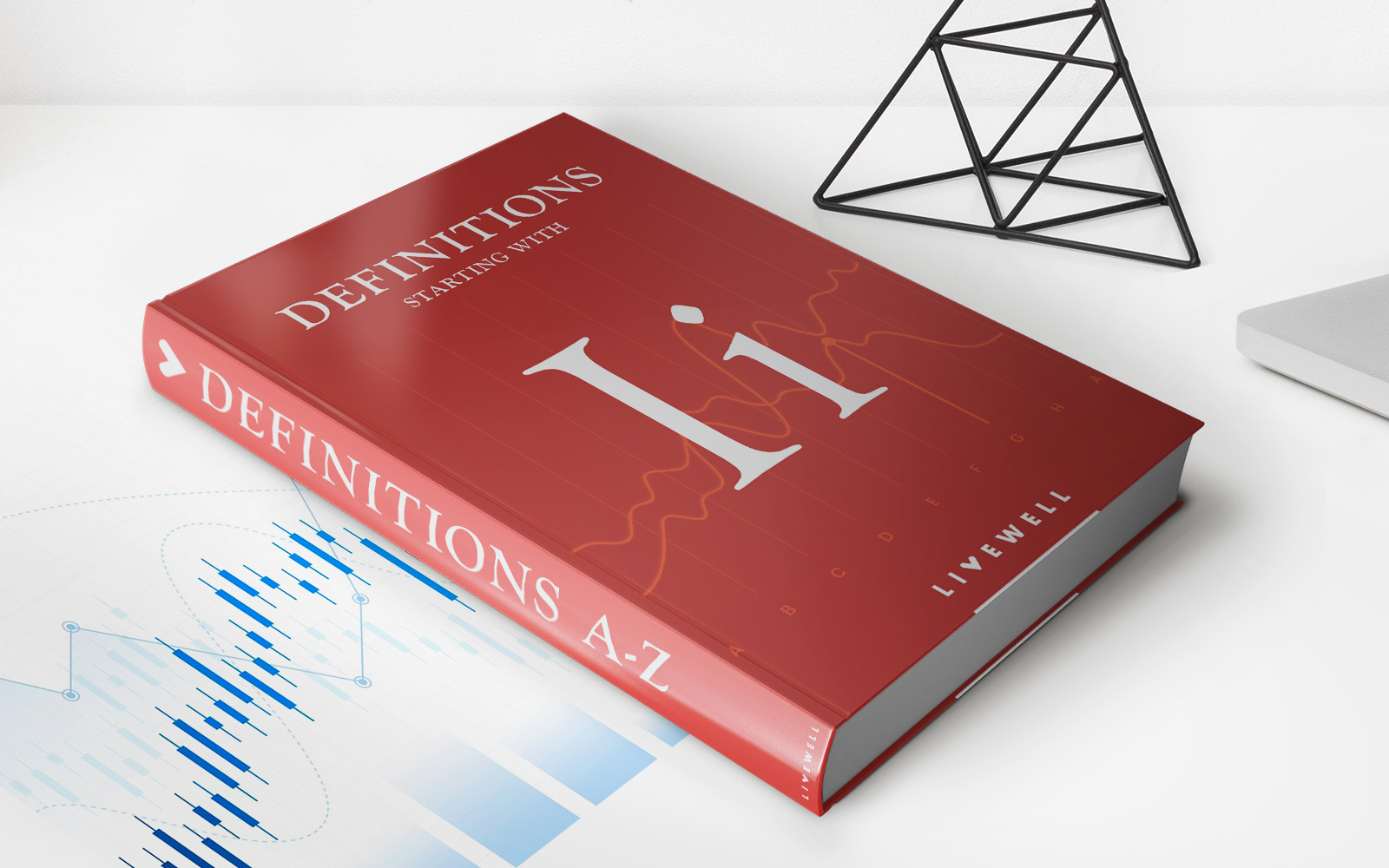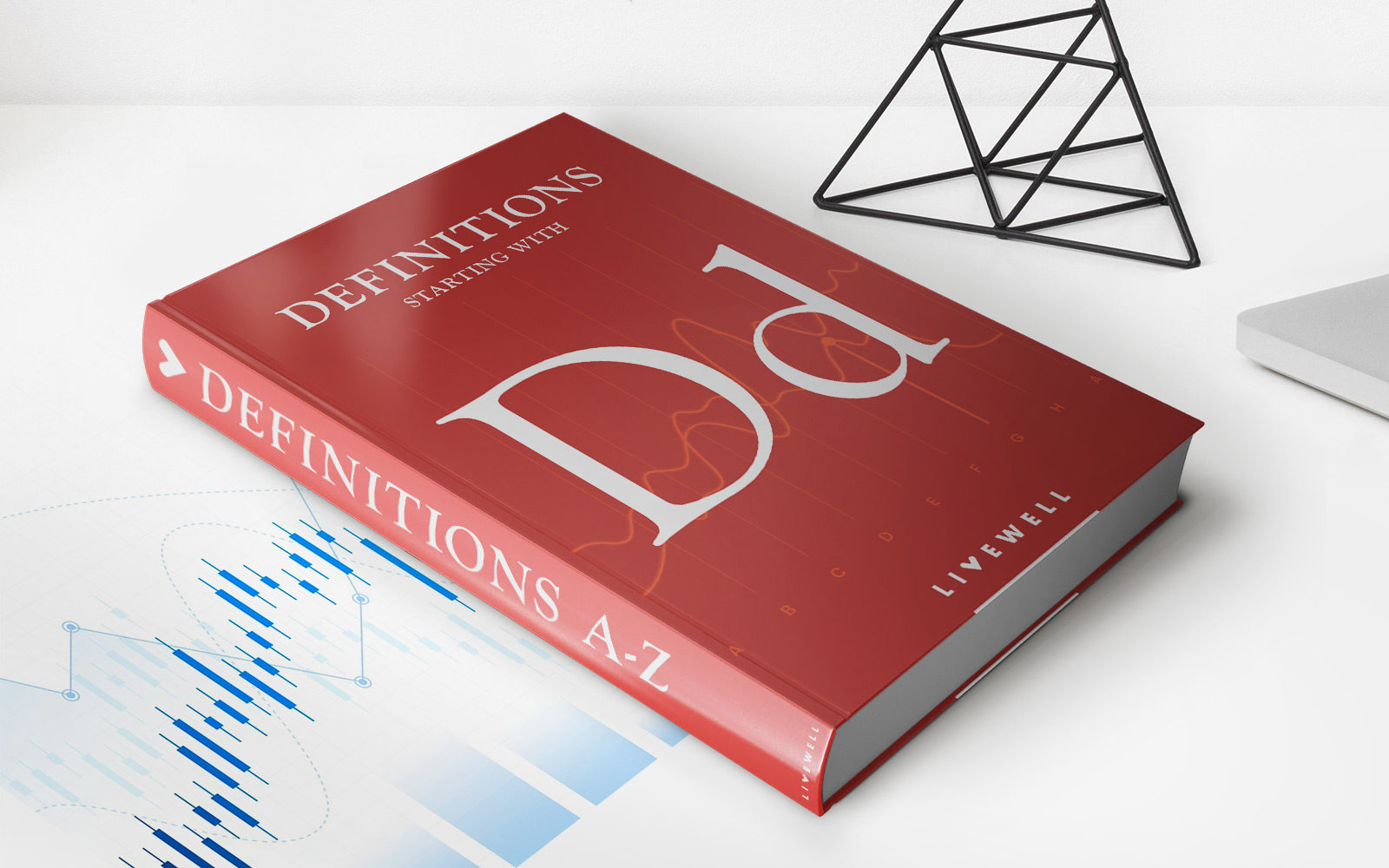Home>Finance>Convertible Debenture: Definition, Example, Advantages & Risks


Finance
Convertible Debenture: Definition, Example, Advantages & Risks
Published: November 2, 2023
Learn about convertible debentures in finance, including definition, examples, advantages, and risks. Increase your knowledge of this hybrid financial instrument.
(Many of the links in this article redirect to a specific reviewed product. Your purchase of these products through affiliate links helps to generate commission for LiveWell, at no extra cost. Learn more)
Convertible Debenture: Definition, Example, Advantages & Risks
Welcome to our FINANCE category on our blog! Today, we’re going to delve into the world of finance and discuss an important topic that every investor should be familiar with – convertible debenture. In this post, we’ll define what a convertible debenture is, provide an example to help illustrate its usage, discuss its advantages and risks, and ultimately help you understand how this financial instrument can impact your investment strategy.
Key Takeaways:
- Convertible debenture is a hybrid financial instrument that combines features of both debt and equity.
- Investors have the option to convert their debentures into equity shares at a predetermined conversion ratio.
What is a Convertible Debenture?
A convertible debenture is a type of bond or loan instrument that allows the holder to convert the debenture into equity shares of the issuing company at a predetermined conversion ratio. In other words, it provides the investor with the option to convert their debt investment into ownership of the company’s stock.
Example Scenario:
Let’s consider a hypothetical example to better understand how convertible debentures work. Imagine you invest $10,000 in a company’s convertible debenture offering, with a conversion ratio of 1:10. This means that for every debenture you hold, you have the right to convert it into 10 shares of the company’s stock.
Now, if the company’s stock price rises significantly, let’s say to $50 per share, you have the option to convert your $10,000 debenture into 1,000 shares, effectively giving you ownership in the company. This way, you not only benefit from the interest payments provided by the debenture but also the potential capital appreciation of the company’s stock.
Advantages of Convertible Debenture:
Convertible debentures offer several advantages for both the issuing company and the investor. Here are some key benefits:
- Flexibility: Convertible debentures provide flexibility to investors, allowing them to choose between receiving fixed interest payments or converting their investment into equity.
- Potential for Capital Appreciation: Investors have the opportunity to benefit from any potential increase in the issuing company’s stock price, effectively gaining equity ownership.
- Lower Interest Rates: Convertible debentures often offer lower interest rates compared to traditional bonds, as the investor also has the potential to benefit from the stock market performance.
Risks of Convertible Debenture:
While convertible debentures come with advantages, they also carry certain risks that investors should be aware of:
- Market Volatility: The value of the convertible debenture and the potential capital appreciation of the converted equity shares are subject to market fluctuations and volatility.
- Limited Upside: In some cases, the conversion ratio may pose limitations on the potential gains an investor can achieve.
- Liquidity Risk: It’s important to consider the liquidity of the underlying stock before investing in convertible debentures, as it may impact your ability to sell or convert the shares.
As with any investment, it’s crucial to carefully evaluate the risks and rewards associated with convertible debentures before making any decisions. Consulting with a financial advisor can also provide valuable insights tailored to your specific investment goals and risk tolerance.
We hope this blog post has provided you with a better understanding of convertible debentures and their potential advantages and risks. Incorporating these insights into your investment strategy can help you make informed decisions in pursuit of your financial goals.

